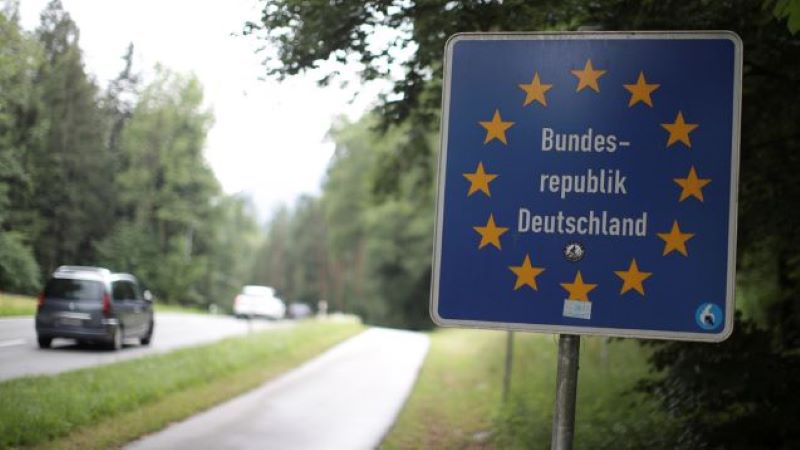Starting Monday, Germany will expand border controls with all nine neighboring countries to curb irregular migration. This decision follows a series of extremist attacks that have heightened public fears and boosted support for the far-right Alternative for Germany (AfD) party.
Interior Minister Nancy Faeser announced the measures, aimed at stopping criminals and identifying potential extremists. The six-month controls will include temporary border structures and spot checks by federal police.
While Germany already had controls with Poland, the Czech Republic, Austria, and Switzerland, these measures will now extend to France, Luxembourg, the Netherlands, Belgium, and Denmark. Neighboring countries, including Poland and Austria, have expressed concern, and the European Commission emphasized that such steps should only be taken in exceptional circumstances.
Germany has faced increased security concerns after a series of attacks, including a deadly knife attack in Solingen by a suspect with alleged ISIL links. The move has sparked a heated debate ahead of next year’s national elections, with Chancellor Olaf Scholz’s government under pressure to adopt a tougher stance on migration.
The German government aims to minimize the impact on border communities, though travelers are advised to carry identification. Meanwhile, neighboring EU countries fear the burden will shift to them, as asylum requests are supposed to be handled by the country of arrival.





